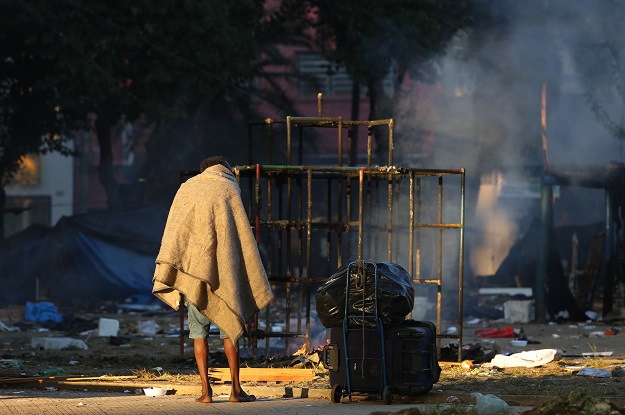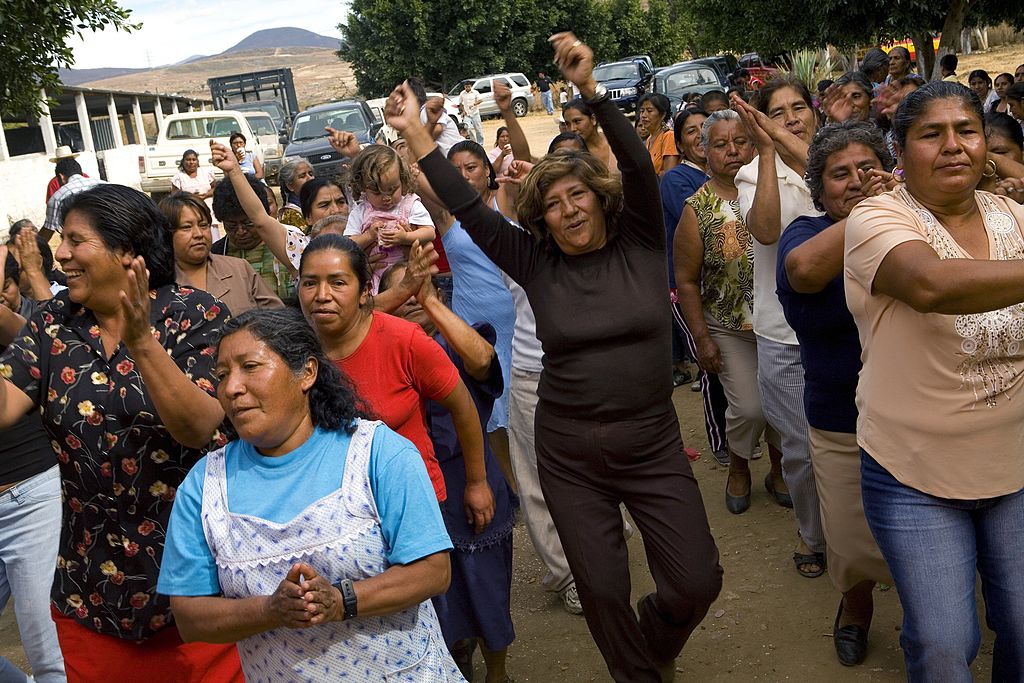When São Paulo Mayor João Doria set out to fulfil a campaign promise and rid the city of its cracolândia (crackland), an area that was home to a group of homeless people, some of whom used drugs, he did so with an overwhelming and telegenic show of force: 500 police officers armed with guns, tear gas and dogs marshalled to take on this marginalized and disempowered population.
In one sense, the raid worked: The residents dispersed. In the words of one of the people caught in the mayhem six weeks ago, the police treated their subjects as if they were “nothing” and “like trash.” However, this short-term view may prove misleading. This type of forced displacement does nothing to solve the underlying problems of homelessness and drug use. And worse: his raid also destroyed one of Latin America’s most promising health and social initiatives focused on drug users, São Paulo’s De Braços Abertos (With Open Arms) program, which was showing evidence of stabilizing participants’ lives and even reducing their use of crack.
Simply put, the “war on drugs” model has failed—not only in Brazil, but around the world. In the United States, policymakers grapple with an opioid crisis that ends tens of thousands of lives every year. In the Philippines, extralegal death squads murder people believed to be using drugs. In Indonesia, alleged drug traffickers are executed after a perfunctory legal process. In Colombia, a police raid in May 2016 left hundreds of people homeless, and several later died when the canal they escaped to was flooded. São Paulo’s Cracolândia may soon be a memory, but the policy failures that created it aren’t going anywhere.
Rather than scoring easy political points by brutalizing homeless people, policymakers should be seizing on solutions. How can public policy best help these people find safer and more stable circumstances—not just for their own sake, but for the sake of the whole city? Evidence from studies in Canada, Australia and multiple European countries suggests that a harm reduction policy – which focuses on social inclusion and eschews a counterproductive obsession with abstinence – is most likely to succeed.
Harm reduction is not especially complicated. In the case of De Braços Abertos, for example, outreach workers started by repairing the trust that people who used drugs had lost after several years punctuated by violent repression through police operations named “Pain and Suffering,” “Suffocation,” and “Cleansing”. This time, instead of these failed tactics, workers set up a tent across the street from cracolândia, and offered visitors a meal, a shower and a mat to sleep on. When people said they needed housing, jobs and food, that’s what the city provided; and they did not demand abstinence. It wasn’t perfect, but it was an improvement – and it offered a working model for policymakers elsewhere.
Ultimately, the proper measure of success should not be how many headlines are earned by a publicity stunt like a police raid. Success should be measured by whether people who use drugs, when they are provided with stability and safety, can get their affairs in order. Strengthening their relationships with friends and family, getting a job and a bank account, avoiding criminal activities – these are the signs that a person is on the road to becoming a valued member of the community.
There is a reason, in other words, why policymakers in other Brazilian cities (including Teresina and Palmas) are now working to replicate the social inclusion approaches of the De Braços Abertos program.
Mayor Doria may believe he is living up to the promise that got him elected. But what voters truly want is a healthy, prosperous and growing São Paulo—something that Doria’s cruel and short-sighted campaign promise has now pushed even further away.








